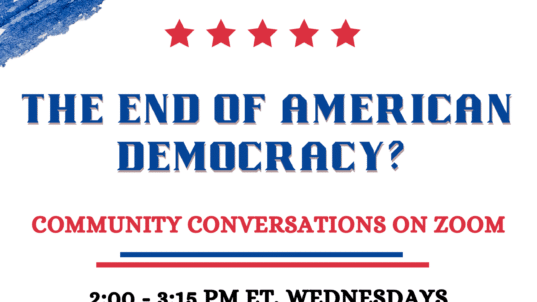At the dawn of western philosophy Socrates was asking questions in the Athenian agora. The whole of western thought has arguably been developed in search of answers to the questions he asked. But our understanding of philosophy and science has developed not so much in response to increasing evidence for the answers we have given, as in response to new and different kinds of questions that engender new and different ways of looking at and interpreting the same old ‘facts’.
If anything regarding this has changed in the modern era, I think it is the strong emphasis and value that we place upon the mathematical certainty and precision of our answers. This emphasis is no doubt responsible for numerous technological breakthroughs, especially in engineering, communications, transportation, and the hard sciences in general.
We often crave for the same kind of certainty and precision in the social sciences—including political science and our policy discussions. But unfortunately, the principles of politics—of who gets what, when, and how—and policy are much less certain than the principles of mathematics or any other hard science. What we take to be the ‘facts’ in social science can be motivated by different interests, and driven by different values towards different goals—and our interpretation and understanding of ‘the facts’ can change accordingly, and substantially, if and when we take the time to view them from different perspectives.
The questions that people ask in the policy world are too often divisive and preloaded with assumptions and answers that are designed to lead people to the one ‘reasonable’ policy. They are often asked in the same way in which teachers might ask a question to check whether or not their students have learned the facts about what is right and wrong. But the facts, in the policy world, are too often some politician’s or political party’s political agenda.
The Interactivity Foundation (IF) is asking very different questions in its sanctuary projects and public discussions and with very different goals in mind. The questions we ask in our sanctuary projects are open-ended. They do not require our panelists to pick political sides or ideologies. And we do not ask them to check whether you know the facts. We ask them, instead, to stimulate the thoughtful exploration of an area if concern, and the development of broad, contrasting, conceptual policy possibilities regarding it—which we hope of encouraging thoughtful discussions of such possibilities among the wider public.
Our discussions are not about finding the truth, or the best policies, or even the most compelling answers. We know that there are as many of these as there are different political interests. They are about developing a deeper and fuller understanding of conceptually contrasting policy possibilities for addressing an area of concern among citizens who would like to have a thoughtful discussion of policy possibilities that differ from their own.



